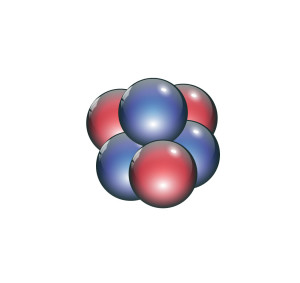A. Paul Alivisatos
Department of Chemistry
University of California, Berkeley
Scientists across LBNL have come together to participate in a broad new program of research to help provide the basis for a sustainable energy future called, Carbon Cycle 2.0. This includes efforts in climate modeling, energy analysis, building efficiency, combustion, batteries and energy storage, biofuels, carbon capture and sequestration, solar PV and artificial photosynthesis.
The program seeks to provide a common energy analysis component for all of these efforts, as well as links to scenario based climate models to help understand what the prospective impacts of each program could be.









